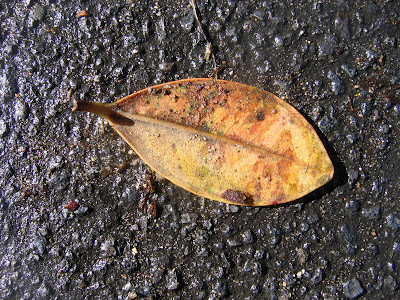
Guantes
Creo que había vivido en España unos meses cuando tuve mi primer trabajo. Era enseñando inglés en una academia de Utebo. Un día fui a trabajar demasiado pronto, la academia no estaba abierta. Aproveché la oportunidad para ir a comprar. Recuerdo que estaba cogiendo manzanas cuando una mujer de unos treinta años se acercó y dijo: “En mi país, usamos guantes cuando tocamos fruta y vegetales”. Me quedé sin palabras, no recuerdo si dije algo o no, mi español era muy básico en ese momento. No tenía ni idea de lo de los guantes, no me había fijado en ellos, que estaban junto a las bolsas de plástico.
Recuerdo que fui a trabajar enfadada y molesta. Mi jefa fue muy amable y dijo que no me preocupara, la mujer sólo era una xenófoba grosera. Durante un tiempo usé los guantes pero me parecían raros y difíciles de usar. Empecé a pensar en lo ridículo del guante en el supermercado. Las primeras dos cosas que pensé fueron que otra capa de plástico en el supermercado era excesiva y que la fruta debería lavarse antes de consumirse, al margen de como la compres.
Desde entonces he investigado un poco y he descubierto que la fruta, y las manzanas en particular, pasan al menos diez etapas de manipulación antes de que las seleccione una mano envuelta o no envuelta en guantes. Algunas de esas etapas son:
Recogida
Almacenamiento en cajas en el campo.
Selección/Evaluacion.
Extracción de las cajas.
Encerado/Tratamiento químico.
Empaquetado en nuevas cajas.
Carga/Descarga.
Distribución.
Exhibición.
Ahora dejo el tenedor y el cuchillo a y veinte y no a y media, a la hora de comer dejo las manos visibles en vez de tenerlas bajo la mesa, doy dos besos para saludar a la gente, digo adiós cuando me cruzo con un conocido por la calle. Todas estas cosas son diferencias culturales a las que me he adaptado. Pero me niego a usar un guante cuando compro fruta en un supermercado. Es una higiene falsa y es cara tanto del punto de vista económico como ecológico.
I think I had been living in Spain for a few months when I got my first job. It was teaching English in an academy in Utebo. One day I got to work way too early, the academy wasn’t even open. I took the opportunity to do some grocery shopping. I remember choosing apples when a woman of around thirty years came up to me and said “in my country we use gloves when we touch fruit and vegetables”. I was left dumbstruck, I can’t remember if I said anything or not, my Spanish was very basic at that stage. I had no idea about wearing gloves, I hadn’t noticed them next to the plastic bags.
I remember going to work angry and upset. My boss was lovely and she said not to worry, the woman was just a rude xenophobe. For a while I used the gloves but I found them strange and clumsy to use. I began thinking about the ridiculousness of the glove at the supermarket. The first two things I thought were that another layer of plastic in the supermarket shopping experience was excessive and that fruit should be washed before consumption regardless of how you buy it.
I have since done some research and have found that fruit, in concrete apples, go through at least ten types of handling before they get to be selected by a gloved or ungloved hand. Some of these stages are:
picking
field packing
sorting/grading
unpacking
w axing/chemical treatment
packaging
loading/unloading
distribution
display
I now leave my knife and fork at 20 past not half past, I have my hands visible at meal times and not quietly under the table, I kiss people hello, I say goodbye when I see some I know on the street. All these things are cultural differences that I have adapted to. But I refuse to use a glove when choosing fruit at the supermarket. It is false hygiene and expensive monetarily and environmentally.











